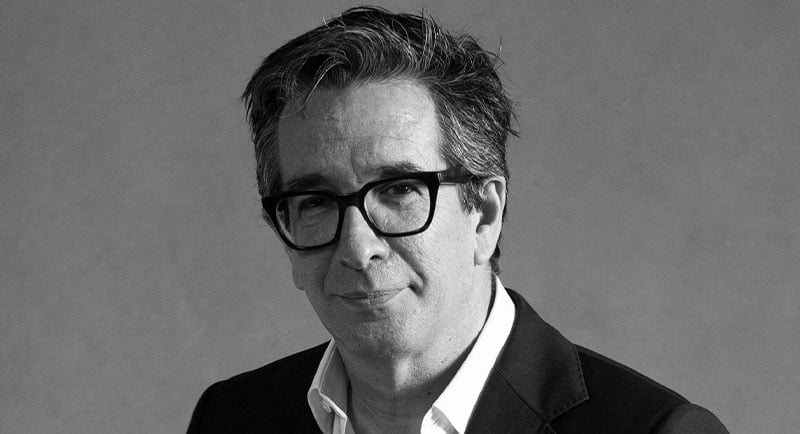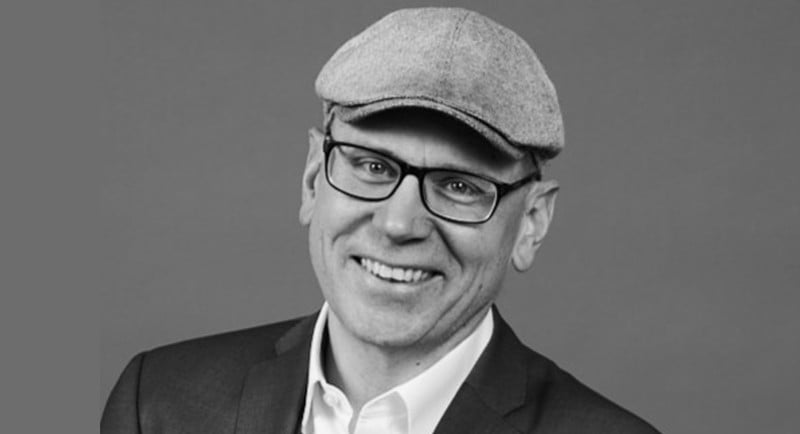Marketing and advertising are a young person’s game. And the data proves it.
Job Skills Australia reported in 2022 that of the 94,700 marketing and advertising professionals in Australia, only 7.3% were over 55 years of age, compared to 20.2% for all other occupations.
So clearly, in numbers at least, the Young Guns are outgunning the Old Guard. But does this mean the advertising industry has a problem with ageism? Or does it just mean that for many older people, a career in marketing and advertising no longer suits them?
Now before I outrage anyone over 40 in adland, let me get some caveats out of the way: I understand that stereotypes are problematic and our willingness to pursue a particular industry is not solely driven by age. I have known 30-year-olds who were old before their time, and I personally know 60-year-olds who could be going on 15 both emotionally and psychologically.
However, science tells us, that with age comes increased aversion to risk. Brain research from Yale University in 2016 has shown that risk aversion is associated with the loss of grey matter, particularly in the frontal lobe, where higher level decision making is made.

By Dennis Flad
There’s an important biological reason for this, being that with time we carve off more risky options from our consideration to increase survival rates and reduce the cognitive load in our decision-making process.
The research also suggests that while the risk aversion behaviour is age related, it is not necessarily predicted by age with significant variations between individuals. An example: most of us have that friend who has always kind of acted like they were born at the age of 40, or the reverse: the colleague who might be 60 but acts like they are still 25.
But let’s accept the general premise of the research. The next question is – marketing? Risky? Really?
Well, to avoid overclaim, marketing is (of course) not fire-fighting risky. A career in the military is risky, so is professional skydiving. But marketing? Well, think about it. In corporate terms, of all the various business disciplines, marketing and advertising comes with a far higher level of risk – as in, risk involved in making decisions, in the day-to-day job – versus the norm.
Creativity comes with risk. Innovation comes with risk. Change comes with risk. Driving growth comes with risk – particularly when the measure of growth, being sales, is seldom directly attributed to marketing and advertising. If nothing else, the relatively short average tenure of CMOs compared to colleagues in the C-suite is a demonstration of tight rope that many in our profession are asked to walk.
With greater and greater heights comes more and more professional danger.
And the concept of risk is not confined to what’s happening in the day job; it sits also in the corporate soothsaying required of marketers to keep abreast of the relentlessly high pace of technology-driven change in the discipline.
I can’t think of many disciplines outside of marketing where the disconnect between ‘what I learnt in my degree 30 years ago’ and ‘what I need to know now’ would be greater. And the research suggests that one of the impacts of loss of grey matter is an unwillingness or even a loss of the cognitive ability to learn new things.
So yeah, it may well be that you can’t teach old dogs new tricks. The problem today in adland: there are new tricks arising every few months, if not weeks, and for those who perceive new as risky, there is a problem with them falling further behind.
Finally, there is an economic delusion, particularly for the baby boomer generation and their belief in the value of experience. If you are working in a discipline over many years, there is a delusion that with time and experience, you become more valuable and therefore should demand greater pay and more status. But if you find yourself working in a discipline that rewards risk-taking and demands embracing change, then you better hope that you maintain the grey matter in your frontal lobe. (Perhaps less long, boozy lunches in your 20s and 30s?)
Let me be clear, I’m not stating outright that the young guns will outgun the old guard. Nor that they should – don’t forget that I am part of the old guard myself. I strongly believe that there is still a place for knowledge, wisdom and experience in marketing and advertising; if I didn’t, I’d be doing something else.
But if we accept the research, the harsh reality is just that perhaps not all the old guard is up to delivering it because their changing brain structure, and associated risk profile, might be letting them down.
See Also: Woolley Marketing: Has FOMO become FOFO for marketers and their media buys?
–
Darren Woolley is Global CEO of TrinityP3, Australia’s largest and most influential independent marketing / pitch consultancy and is well known to the advertising industry. Founded more than 20 years ago TrinityP3 has a significant presence in Australia where it leads the pitch process for many of the country’s leading advertising accounts as well as having offices in London, New York and Zurich.
 Darren Woolley
Darren Woolley
Dennis Flad is responsible for Trinity P3 EMEA and founder of t’charta, a management consultancy boutique for strategic product management, pricing and go-to-market based in Zurich, Switzerland. Dennis worked his entire life in marketing and advertising, which allows him to infuse his whimsical drawings with a realistic understanding of management practices and behaviours.
 Dennis Flad
Dennis Flad

